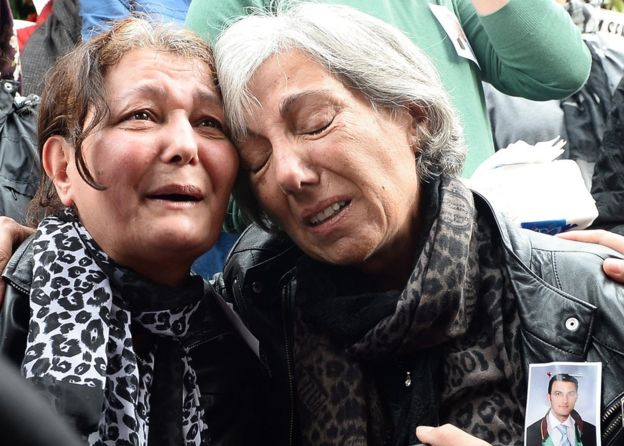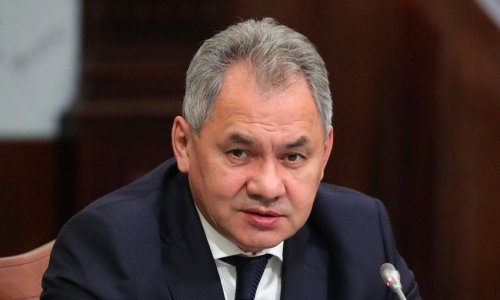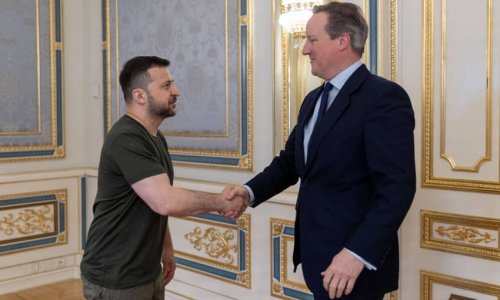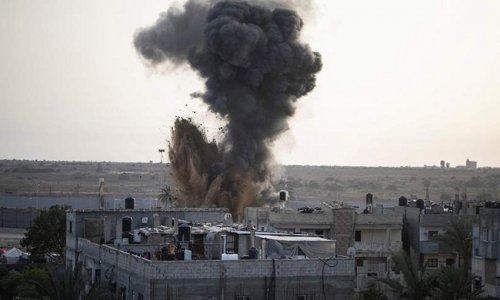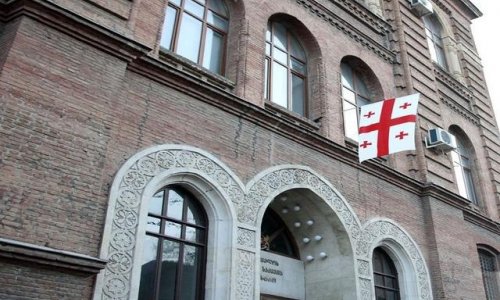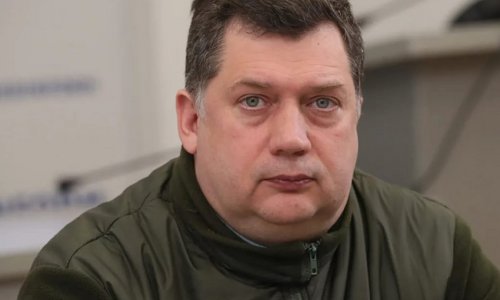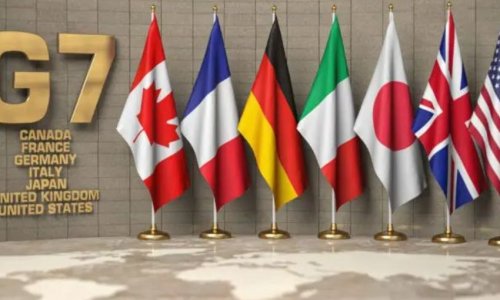Turkey has suffered its worst ever terrorist atrocity, in the heart of capital Ankara, and the country is weeks away from a re-run of an inconclusive general election.
For so long a beacon of stability between Europe and the Middle East, Turkey is fighting Kurdish militants in its restive east and struggling to prevent violence spreading from across its border with Syria, where Islamic State (IS) militants have seized swathes of territory.
So how tense is Turkey and what are the risks of the crisis deteriorating?
How dangerous is the current situation in Turkey?
The most serious violence in Turkey has taken place away from the big cities until now, in the mainly Kurdish areas of the east and south-east, where the Turkish military has battled the militant Kurdistan Workers' Party (PKK) for decades.
Political violence in the main cities was largely confined to party offices, particularly those of the left-wing and pro-Kurdish HDP (Peoples' Democratic Party).
But the twin bombing outside Ankara railway station was within a short distance of key government ministries, as well as Turkey's MIT intelligence HQ.
For millions of tourists every year, Turkey remains an attractive, safe destination, but France and the UK have updated their travel advice after the Ankara attacks, urging caution.
UK visitors are urged to steer clear of central Ankara as well as areas bordering Syria and Iraq, while France says all French nationals should exercise caution, even in tourist areas. Political gatherings and demonstrations are highlighted as a possible risk.
Now Turks themselves are afraid of going to shopping centres and open spaces like Taksim Square, according to Maya Arakon, associate professor of International Relations at Suleyman Sah University in Istanbul.
"Turkey is a dangerous place and going through a dangerous transition period, but it won't fall apart," she says.
How much of a threat is there to Turkey's political stability?
Turkey's political fate is at a crossroads and elections are taking place on 1 November.
The AK party, rooted in political Islam, has ruled Turkey since 2002 but former prime minister and now President Recep Tayyip Erdogan is intent on bolstering his powers, an ambition that has polarised voters.
Mr Erdogan's party failed to secure the necessary majority in June elections and violence that broke out two days before the poll in the south-east has intensified and spread.
The target on 5 June was the pro-Kurdish HDP, which two days later secured more than 13% of the vote, denying the AKP any chance of a majority.
It was the murder the following month of dozens of young activists in Suruc, close to the Syrian border, that suggested that political violence was threatening Turkish society. Those targeted were a mix of Kurdish and left-wing activists planning to travel into northern Syria to help rebuild Kobane, a town devastated by Islamic State militants.
Although the Suruc bomber has been linked to IS, the motivation is unclear. "There's no confidence in Turkey's authorities.
Even if the government reveals something I'm not sure a large section of the population will believe them," says Prof Ersin Kalaycioglu of Sabanci University.
Not long after Suruc, the PKK, branded a terrorist organisation by Turkey and the West, ended a two-year ceasefire and a wave of militant attacks and military counter-attacks began.
How is the Syrian conflict destabilising Turkey?
The reality is that Turkey and the PKK appear to be back where they were before the 2013 truce began, with curfews in towns and villages in the south-east and devastating battles in key cities such as Cizre.
What has changed is that the terrible civil war across the border in Syria is feeding into Turkey's febrile political debate.
Turkey has more than two million Syrian refugees, living in cities and camps across the country. Although many are struggling to eke out a living, Turkey has largely managed to incorporate the new arrivals.
However, Islamic State militants have taken advantage of Turkey's porous borders and the government has blamed them for the Ankara attack as well as the Suruc bombing.
What has complicated matters is that a Syrian offshoot of the PKK, known as the YPG, has beaten Islamic State back from the Turkish border and carved out an area of Kurdish control. "The state is very suspicious of Kurdish activities on our border, which are against our national interest," says political commentator Fehmi Koru.
Some Turkish opposition politicians have argued that Turkish intelligence transported weaponry across the Syrian border to help IS, an accusation strongly rejected by the government.
(BBC)
www.ann.az
Follow us !

